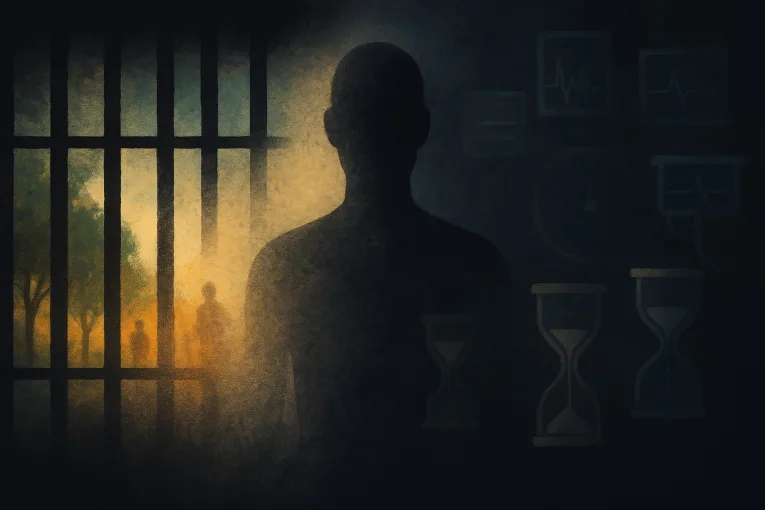
Generated Image
The US has nearly 2 million people behind bars, leading the world in incarceration.
On World Health Day, the Prison Policy Initiative (PPI) is drawing attention to a startling but often overlooked truth: mass incarceration is not just a criminal justice issue—it’s a public health crisis. In a social media post highlighting new findings, PPI emphasized that the U.S. system of incarceration has contributed to a nationwide decline in life expectancy, shortening it by an estimated two years.
With nearly 2 million people behind bars, the U.S. leads the world in incarceration. But the consequences of this system ripple far beyond prison walls. Jails and prisons are often overcrowded, under-resourced, and plagued by inadequate health care. These conditions not only endanger the lives of incarcerated people but also affect the broader communities to which they return.
“Incarcerated people & their communities cannot get lost in the fight for a cleaner, healthier world,” the PPI post states, urging policymakers, advocates, and the public to treat mass incarceration as a central issue in health reform.
The stark two-year drop in life expectancy linked to incarceration underscores how deeply the system harms public health. Experts point to the spread of infectious diseases in prisons, untreated mental illness, and the long-term health effects of trauma and neglect experienced behind bars.
On a day meant to spotlight global health, PPI’s message is clear: a truly healthy society must reckon with the deadly toll of mass incarceration.
Categories:
Breaking News Everyday Injustice
Tags:
Incarcerated People Infectious diseases Mass Incarceration Prison Policy Initiative Untreated mental illness World Health Day
This post was originally published on this site be sure to check out more of their content.








